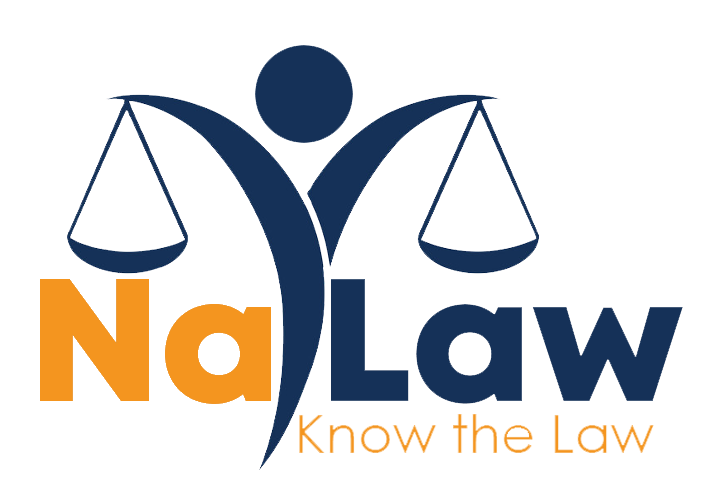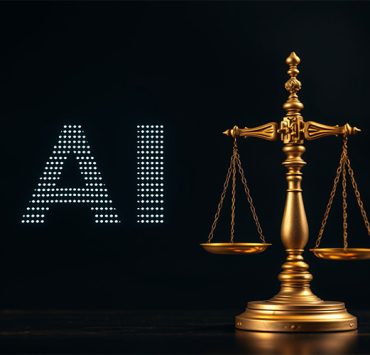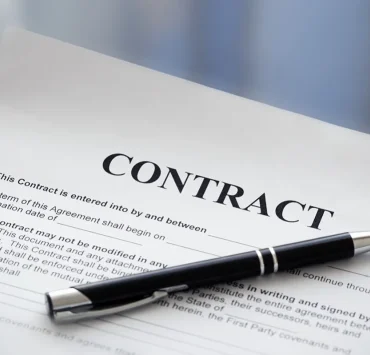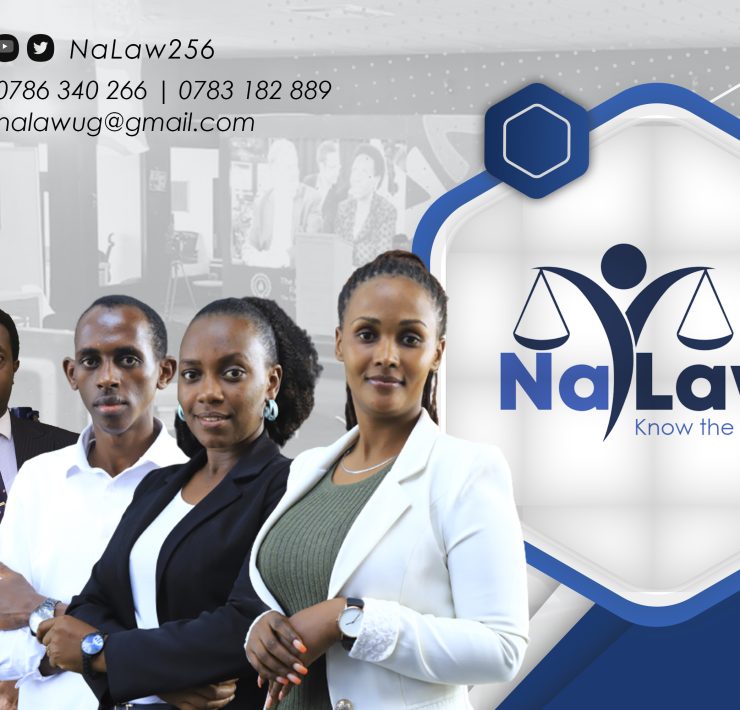Unlawful Recording in Uganda: What the KIU Student Case Teaches Us About Data Privacy.
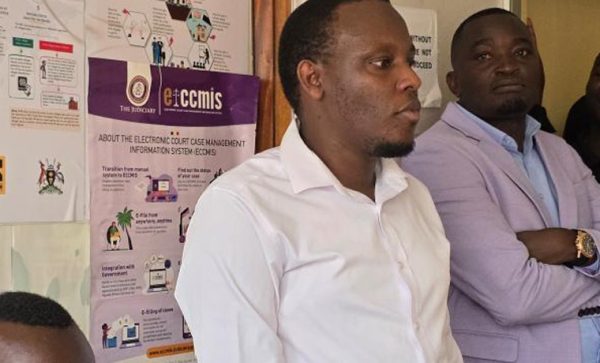
A Moment That Sparked a Legal Debate
In an age where everyone carries a smartphone and information spreads in seconds, recording a video feels almost harmless, even casual. But as a recent case in Kampala shows, one tap of the camera can have serious legal consequences.
A 29-year-old law student from Kampala International University (KIU), Herbert Arinaitwe, has found himself in legal trouble after allegedly recording a video of High Court Judge Andrew Khauka without consent.
Arinaitwe appeared before Grade One Magistrate Alex Niyonzima at the Buganda Road Chief Magistrates Court, charged with unlawfully obtaining personal data. According to State Attorney Jane Francis Itae, the incident occurred on October 10, 2025, inside Courtroom 3 of the High Court’s Criminal Division, while Justice Khauka was presiding over a criminal session.
Through his lawyer, Norbert Rwabiti, Arinaitwe pleaded not guilty and applied for bail. His defense argued that he is a law student, resident of Kakeka Zone, Rubaga Parish, and was preparing for a criminal law exam scheduled for October 15. Investigations are ongoing, but the case has already stirred national debate on data privacy, technology use, and public conduct in courtrooms.
Understanding the Law: The Data Protection and Privacy Act, 2019
Uganda’s Data Protection and Privacy Act (2019) was enacted to protect citizens from the misuse of their personal information, including recordings, photos, or any other identifiable data.
The law establishes strict requirements on when and how personal data can be collected, processed, or shared.
Two key sections of the Act apply directly to this case:
Section 7(1): Consent to collect or process personal data
“A person shall not collect or process personal data without the prior consent of the data subject.”
This means that if you record someone without their knowledge or approval, even in a public place, you could be breaking the law.
Section 34(1): Unlawful obtaining or disclosure of personal data
“A person shall not unlawfully obtain, disclose, or procure disclosure to another person of personal data held or processed by a data collector, data controller or data processor.”
Penalty:
Anyone convicted under this provision faces a fine of up to 240 currency points (about UGX 4.8 million), imprisonment for up to ten years, or both.
These laws emphasize that privacy is a legal right, not a privilege, and violating it can carry heavy consequences, even for first-time offenders.
Recording in Court: What the Law Says
Courtrooms are among the most sensitive spaces in any legal system. They are governed by strict rules on photography, video recording, and information sharing.
Under the Judicature (Visual-Audio Coverage of Proceedings) Rules, 2022, only authorized persons or media houses may record or broadcast court proceedings, and even then, with the explicit permission of the presiding judge.
These rules aim to:
- Preserve the dignity of the court
- Protect the privacy and safety of witnesses and accused persons
- Prevent interference with the judicial process
- Avoid turning courtrooms into spaces of public spectacle
Unauthorized recording, therefore, is not just a data privacy breach; it can also be treated as contempt of court, a serious offense that undermines judicial authority.
Why This Case Matters for the Public
This case is more than a disciplinary issue involving a law student; it’s a wake-up call for the broader public. In the digital age, where every phone is a camera and every moment can be shared instantly, the line between public and private has become blurred.
But laws like the Data Protection and Privacy Act remind us that technology use must be balanced with respect for others’ rights.
For example:
- Recording a police officer or public official during duty may seem harmless, but if it captures personal details or occurs in a restricted space, it may violate privacy laws.
- Secretly recording a friend, teacher, or employer without consent — even in a casual conversation- can be grounds for legal action.
- Sharing someone’s image or voice note online without their permission could constitute both data misuse and defamation.
These everyday actions, often done innocently, can easily cross into illegality.
Ignorance of the Law Is No Excuse
The Ugandan legal system operates on a fundamental principle: ignorance of the law is not a defense. This means that even if someone claims they “didn’t know” their actions were illegal, the court still holds them accountable.
Legal experts emphasize that digital literacy must now include legal awareness. As more Ugandans use technology to communicate, film, and share information, understanding basic privacy laws is essential to avoid accidental offenses.
“Many people still assume that because they have a phone, they have the right to record anything. But the right to expression does not erase another person’s right to privacy. The two must coexist.”
A Broader Conversation: Digital Privacy in Uganda
Uganda’s digital landscape is rapidly evolving. From CCTV cameras in public spaces to biometric registration, personal data is constantly being collected. While technology improves efficiency and security, it also increases risks of data abuse, identity theft, and unauthorized surveillance.
The Personal Data Protection Office (PDPO) under the National Information Technology Authority-Uganda (NITA-U) is mandated to oversee and enforce compliance with the Data Protection Act. Citizens can report violations or seek guidance through this office.
However, awareness remains low. Many people do not know that their image, voice, or even social media profile is legally recognized as personal data, and that collecting or sharing it without consent can lead to prosecution.
The Takeaway
Recording someone without their consent is not a trivial act; it’s a potential criminal offense. Whether in a courtroom, classroom, or public street, privacy and dignity must always be respected.
Before pressing record, always ask yourself:
- Do I have permission?
- Am I in a space where recording is allowed?
- Could this harm someone’s privacy or reputation?
In the digital era, responsible technology use is as important as knowing how to use the technology itself.
